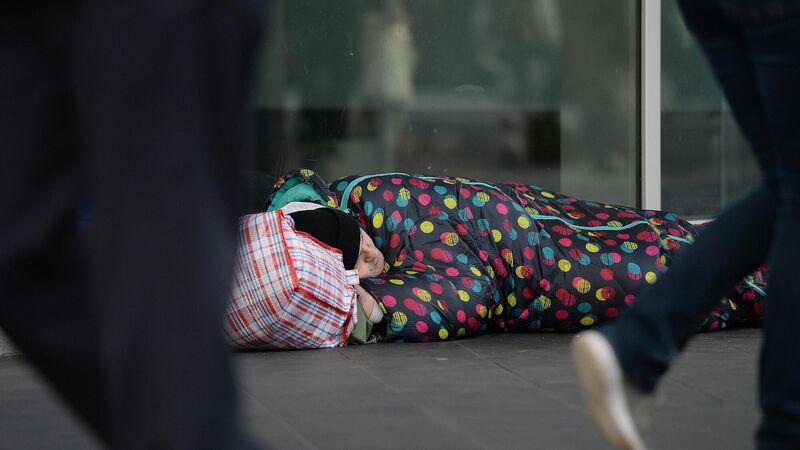Covid-19: 'Life’s hard enough sleeping on the streets without this happening'

Paula Byrne, the CEO of Merchants Quay Ireland, said the coronavirus pandemic had exacerbated what was already a trend of people with mental health issues interacting with services. Picture: Colin Keegan, Collins Dublin
Mental health issues among people who are homeless are on the rise and Covid-19 has exacerbated the problem, according to Merchants Quay Ireland (MQI), which also said there was an urgent need for women-specific services, especially for those who have suffered trauma.
MQI launches its 2019 annual review today, showing an 11% increase in individuals seeking help for mental health issues - accounting for 433 people supported in 4,208 mental health interventions.










